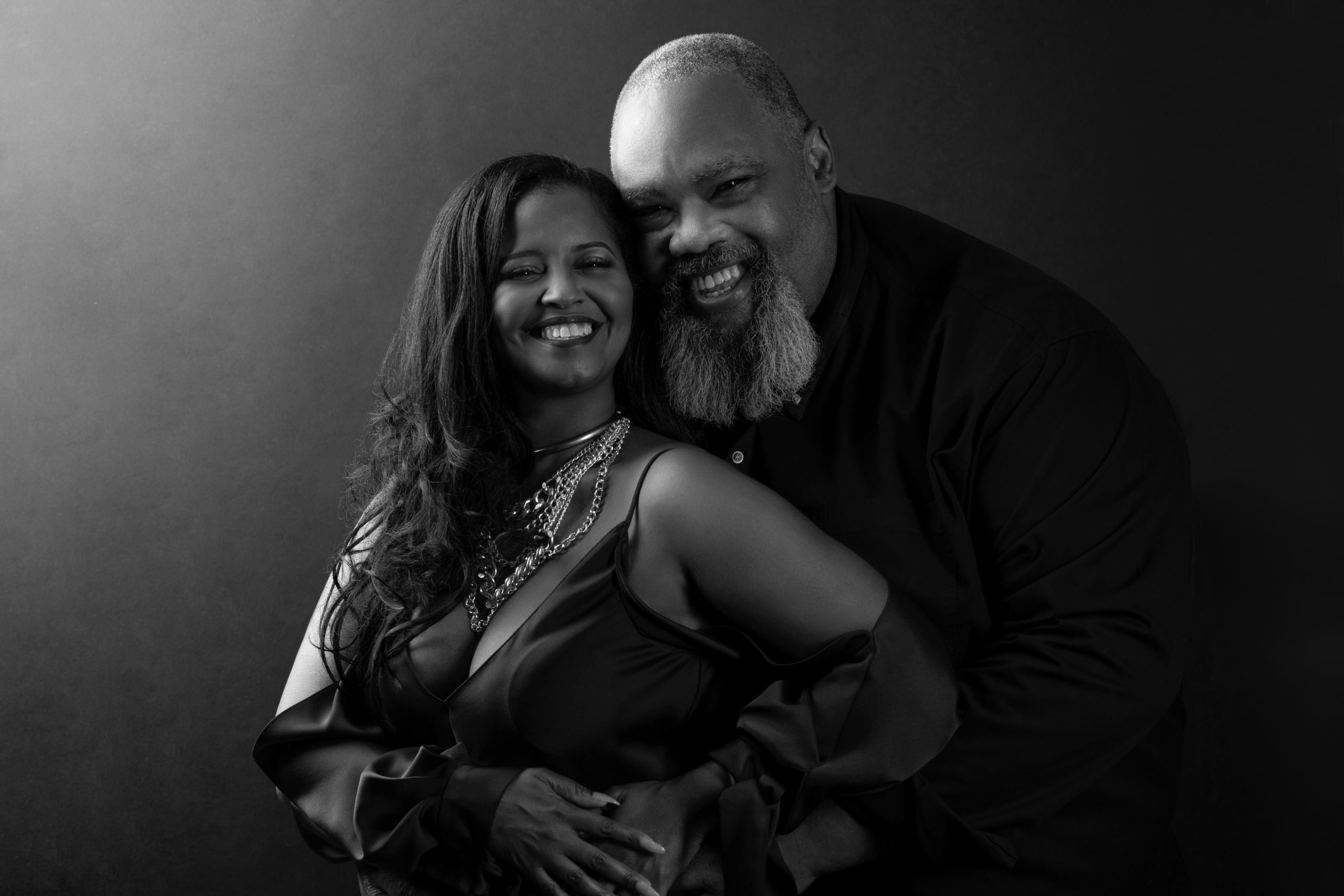At a virtual investment conference called MarketLit held recently in Australia, many of the speakers addressed the disparity between the number of women who invest and the number of men who invest. While women are investing at much higher levels than ever before, according to those in the industry, they still face significant challenges including systemic fear ingrained through centuries of powerful, societal pressures, stereotypes and conditioning.
Felicity Cooper, Director of Cooper Wealth Management said: “Studies have shown 61% of women would prefer to speak about their own death in explicit detail than talk about money. Eighty percent of women don’t want to go and see a financial planner.”
Cooper is 2019’s Financial Planner of The Year and she believes this is because money is often a taboo topic for women. She claims: “Males tend to invest as ‘hunter gatherers’, typically taking more risk and are performance driven, whereas women are understood to make money decisions with a fear driver”.
While the latest ASX Australian Investors Study showed a strong rise in women investing for the first time, with 45% of the investors who started investing being women, an Investment Trends 2020 report showed women only make up 18% of the total active online investors across Australia. Historically speaking, it’s only a very recent phenomenon for women to be in the position to earn, control and invest in their own money and the battle for financial equality still has a long way to go.
Millennial investor Aleks Nikolic is known for her popular social media platforms on Instagram and Tik Tok called Broke Girl Wealth where she aims to inspire other young women. Nikolic has also strongly backed a crackdown on those not following the rules but says she thinks financial equality and education is an issue society and the media needs to tackle head on.
As Nikolic says: “In addition to a lack of financial acumen on how to invest, women’s finance tips are always aimed at saving. Popular media publications rarely have good advice on where to find resources or how to understand investing.”
Nikolic recently participated in Australia’s first Millenial and Gen Z investment conference called MarketLit to share her personal experiences with money, which were initially sparked by a desire to pay off her university debt.

The event aimed to shine a spotlight on the emergence of younger and women investors while clearly stating ‘Not Financial Advice’ on the livestream title. The event started with an address by the host, Lelde Smits, Co-Founder of The Capital Network and Director of Australian Shareholders Association.
Smits said she aimed to confront diversity head on by including as many diverse views as possible, old and young, experienced and new investors, women and men: “It is still alarming to see that we are really still in a society where there are people who think there are only certain ages or genders with certain qualifications and certain decades of experience warrant a spotlight,” said Smits.
Bucking the industry trend of male dominated events, MarketLit kicked off with keynote address from Somer Taylor from Australia’s corporate regulator – The Australian Securities and Investments Commission (ASIC). Somer warned viewers: “Life is all about balance and judgement… Use your judgement and think about risks like advice on social media may not be licensed, so you might be getting information on something that is inaccurate.”
These words of caution were echoed by RMIT University senior finance lecturer, Angel Zhong, who told MarketLit viewers her research had shown a 60% rise in retail trading activity during the pandemic but she added: “Popularity doesn’t equal credibility.”
So with the rise in investors and online investor content, how can we know who to trust? Financial planner, Felicity Cooper, says it’s all about knowing what questions to ask and who to ask. Knowing who to ask also means knowing the rules and ASIC emphasises, if people are providing financial product advice to clients they must hold an Australian financial services (AFS) licence.
Nikolic or BrokeGirlWealth is clear on not providing advice but has inspired many through sharing her own journey to financial empowerment and says it’s all about seeking the right resources to understand investing. Nikolic says: “Women tend to be more risk averse with their money – a by-product of socialisation and media narratives that tell us we are frivolous with our money and ‘spenders.’”
“Like anything, with more positive media narratives around women investing, more industry leaders and role models who are women, we’ll see a significant increase in the amount of women that are investing,” Nikolic points out. She adds the positive flow-on effects aren’t just “women investing”, but the broader picture of improving gender inequality, retirement accounts and the gender pay differential.
For more from Women Love Tech on women and investing, visit our site here.
MarketLit – A Free Virtual Investment Conference For Millennials And Gen Z This Friday






